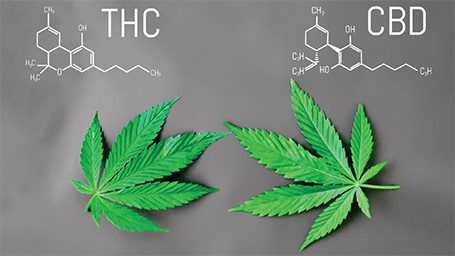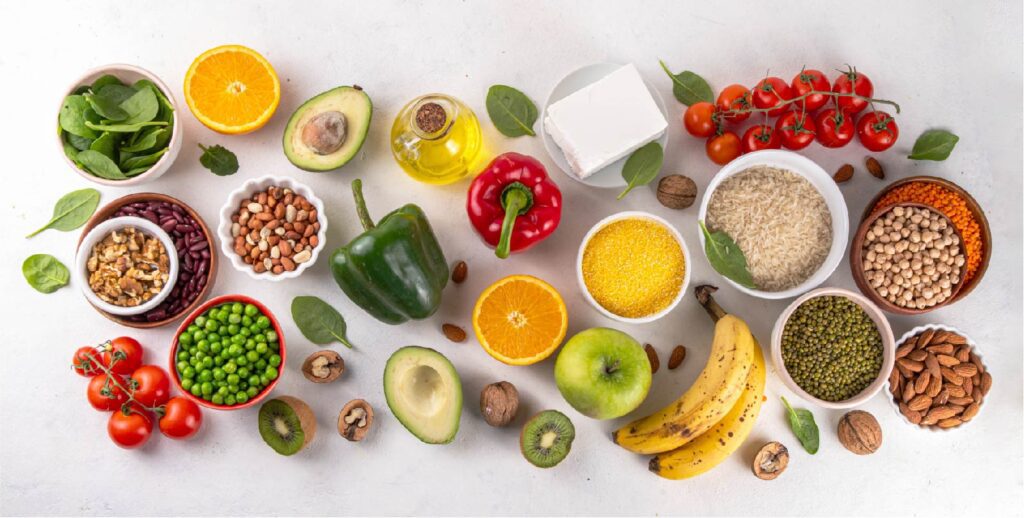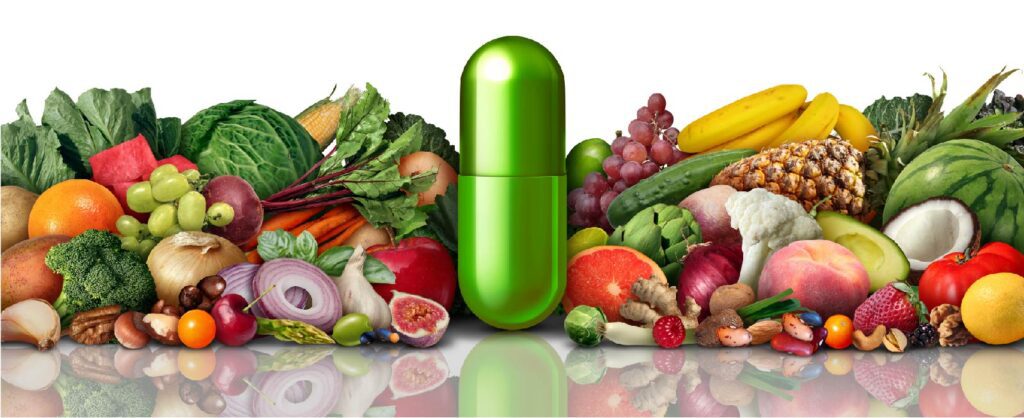
Behind every heartbeat, muscle movement, and burst of energy is Coenzyme Q10 (CoQ10) — a behind-the-scenes nutrient found in nearly every cell of the body. CoQ10 plays a vital role in overall health, especially mitochondrial energy and antioxidant defense. Let’s break down the science behind CoQ10 and its active form, ubiquinol, explore how they work in the body, and understand how they optimize cellular energy and defend the body against oxidative stress.









